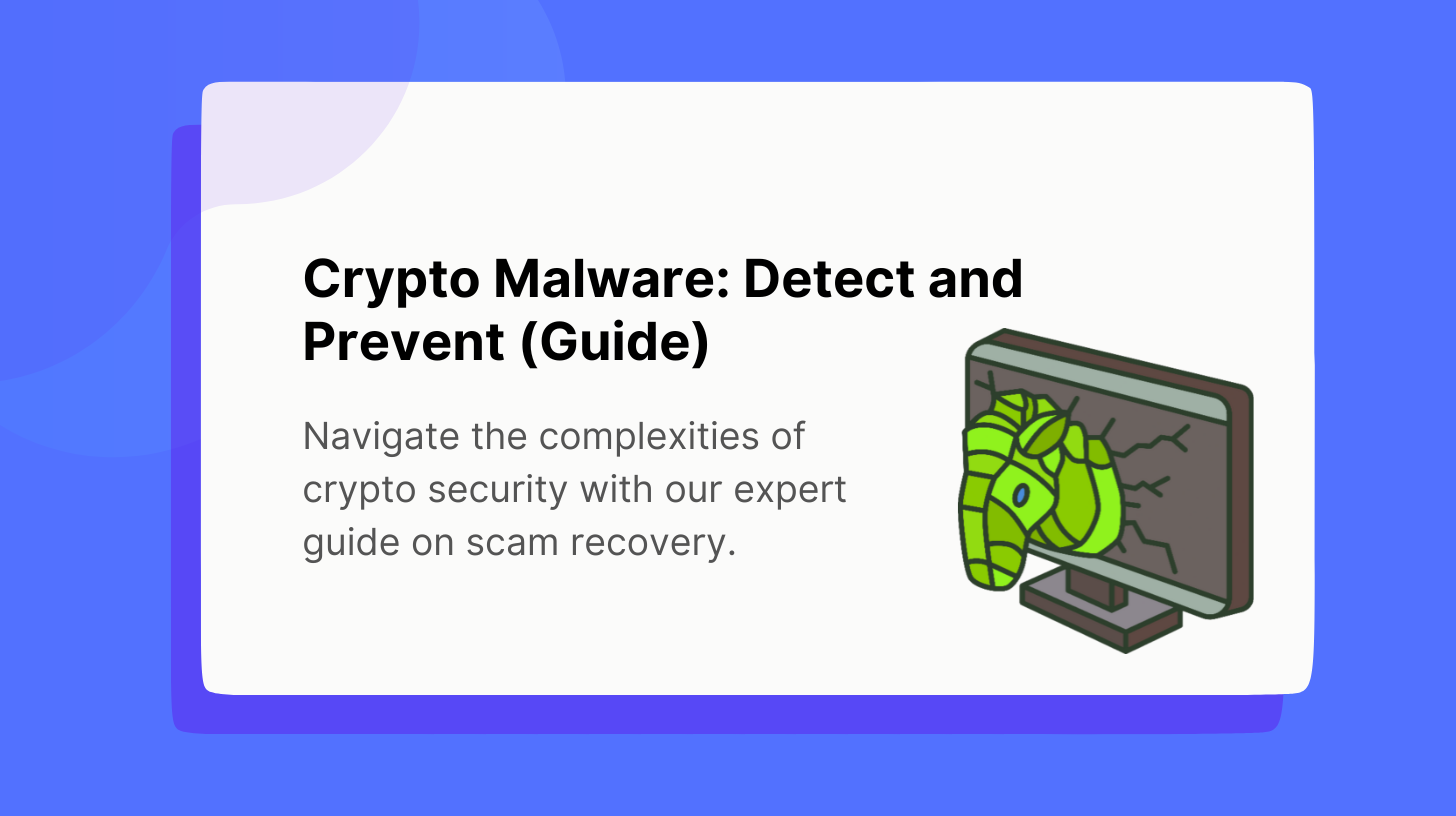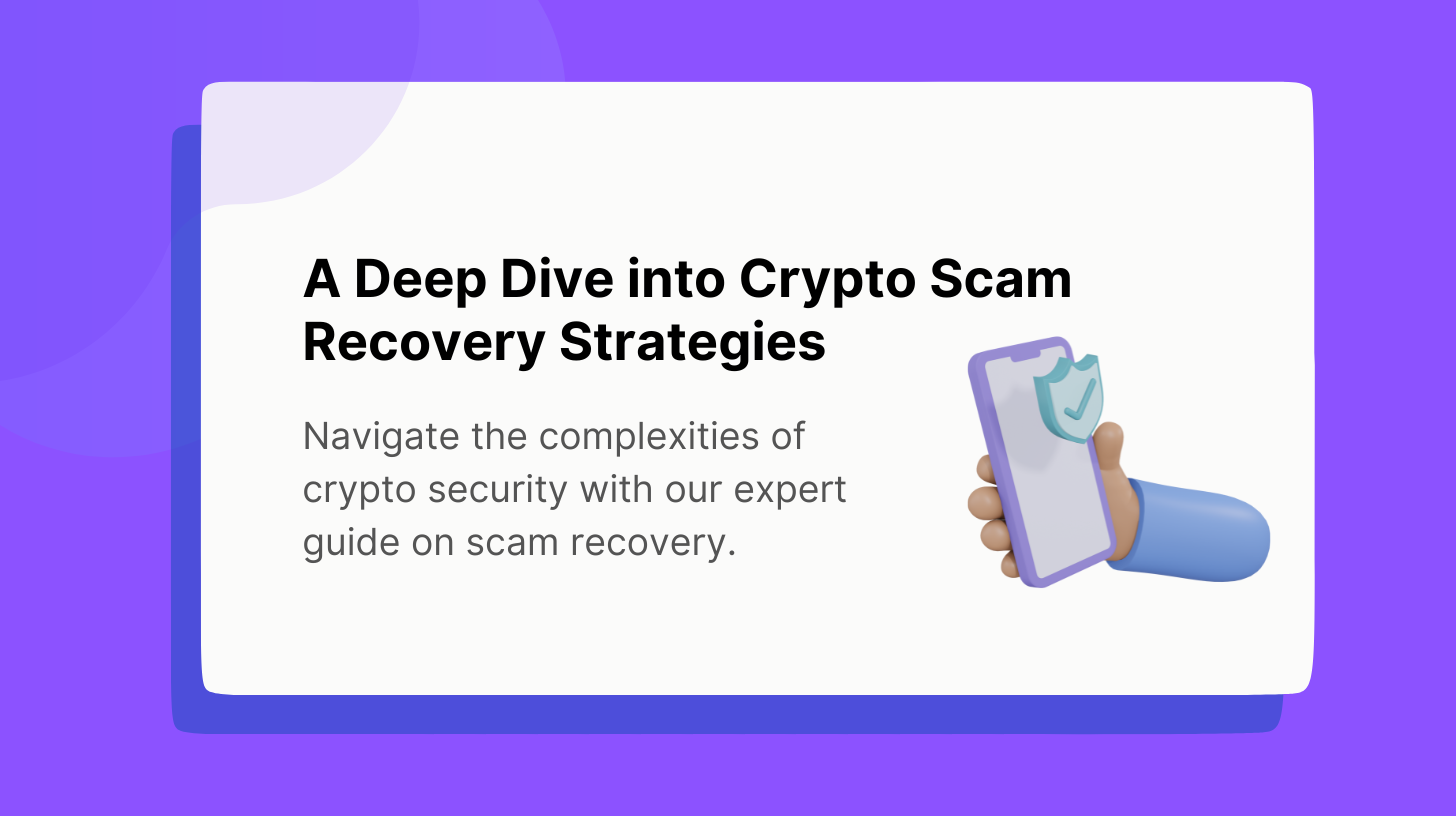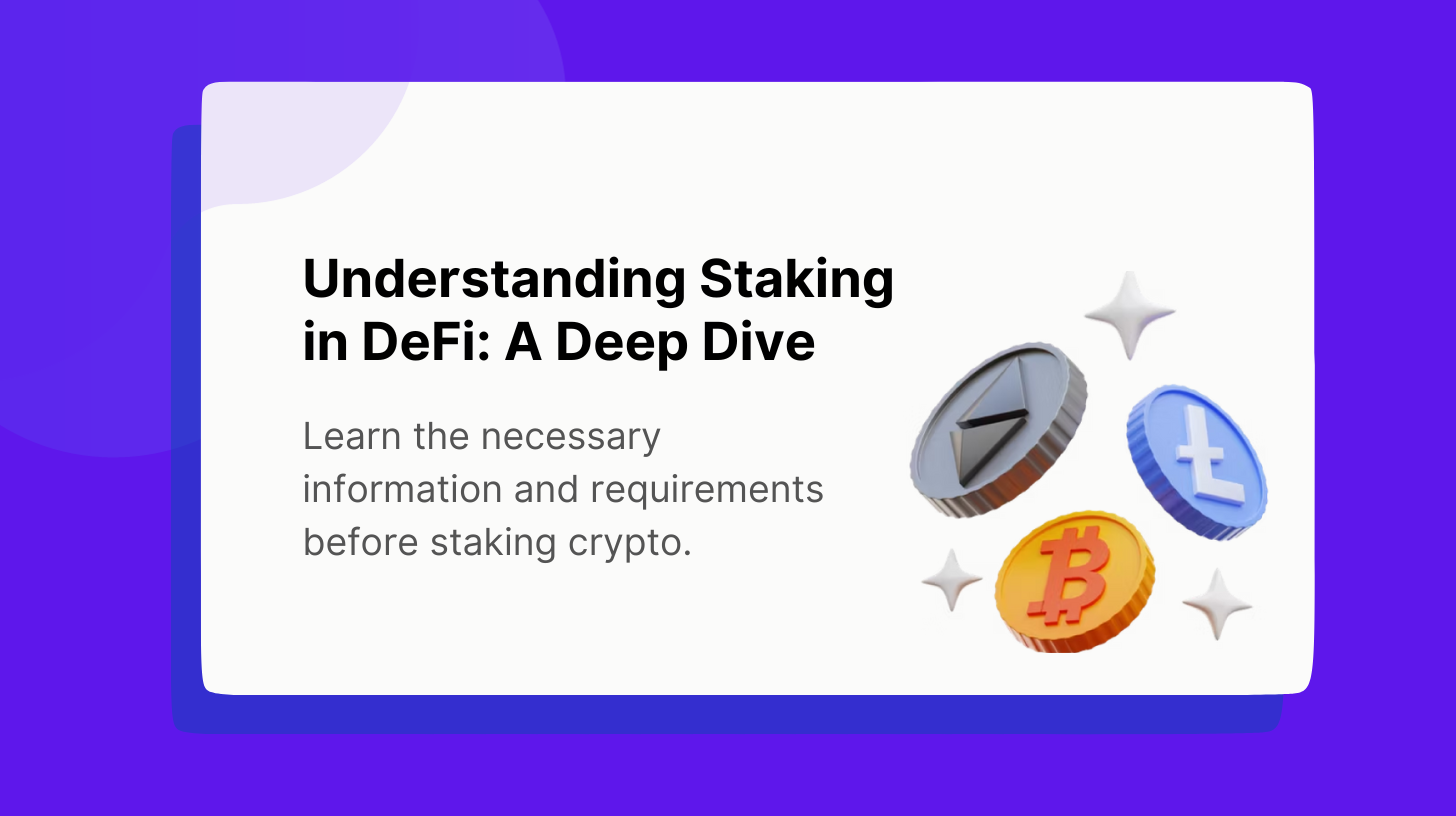The cryptocurrency landscape has been marred by the rise of scams, casting a shadow over the innovative potential of digital currencies. The allure of quick gains has often eclipsed the inherent risks, leading to a surge in fake cryptocurrencies. Identifying and avoiding these fraudulent schemes is not just a matter of financial prudence; it’s a necessity for safeguarding one’s investment and trust in the crypto ecosystem. This guide delves into the common signs of fake cryptocurrencies and offers actionable tips to help you navigate the market with confidence and caution.
Common Signs of Fake Cryptocurrencies
The crypto market, teeming with opportunities, also harbors its share of pitfalls. Recognizing these red flags is crucial in distinguishing genuine investments from scams:
- Promises of Guaranteed Returns: One of the most glaring red flags is the promise of guaranteed high returns. The volatile nature of cryptocurrencies makes such assurances unrealistic and often indicates a potential scam.
- Poorly Written or Non-Existent Whitepapers: A credible cryptocurrency project is backed by a detailed and well-articulated whitepaper. If a project’s whitepaper is missing, vague, or poorly written, it raises serious questions about its legitimacy.
- Fake Websites and Exchanges: Scammers meticulously craft websites and exchanges that mirror legitimate platforms. These fake sites are designed to deceive investors into believing they are investing in a real cryptocurrency.
- Phishing Scams: Phishing remains a common tactic in the crypto world. These scams involve tricking individuals into divulging sensitive information, such as wallet keys or personal data, under the guise of legitimate requests.
- Fake Celebrity Endorsements: The misuse of celebrity images or fake endorsements is a tactic used to instill a false sense of security and legitimacy in the project. Always verify such claims through reliable sources.
Tips for Avoiding Fake Cryptocurrencies
Navigating the complex world of cryptocurrencies requires vigilance and informed decision-making. Here are key strategies to help you steer clear of fraudulent crypto schemes:
- Double-Checking URLs: Always scrutinize the URLs of websites you visit. Scammers often create web addresses that closely mimic legitimate sites. A careful look can reveal discrepancies, helping you avoid falling into a trap.
- Avoiding Sharing Personal Information: Be extremely cautious about sharing your personal and financial information. Legitimate cryptocurrency platforms will not ask for sensitive details in an insecure manner or without proper context.
- Thoroughly Researching New Cryptocurrencies: Before investing, conduct a comprehensive background check. This includes evaluating the cryptocurrency’s whitepaper, understanding the team behind the project, and seeking community feedback.
- Not Falling for Promises of Guaranteed Returns: Remember, in the world of investing, especially with cryptocurrencies, there are no guarantees. Be wary of any investment opportunity that promises consistent high returns.
- Being Cautious of Poorly Written Whitepapers: The quality of a whitepaper can often reflect the legitimacy of the cryptocurrency. A well-researched, clearly written, and detailed whitepaper is a positive sign, whereas a poorly written or superficial one is a red flag.
Real-World Insights: ChainAware.ai’s Perspective on Cryptocurrency Scams
Drawing on our experience at ChainAware.ai and our first project, SmartCredit.io, we understand the complexities of the crypto market. Our products like Wallet Auditor, Behavioral User Segmentation and Crypto Credit Scoring provide deep insights into wallet behaviors and creditworthiness, tools that are crucial in identifying potential scams.
Use our wallet auditor tool to instantly retrieve information about wallet addresses.
Case Studies of Fake Cryptocurrencies
To better understand the impact and tactics of cryptocurrency scams, let’s examine some notable examples and real-life stories of victims:
Well-Known Cryptocurrency Scams
- Bitconnect: Once a top-performing cryptocurrency, Bitconnect collapsed in a classic Ponzi scheme, leading to losses in the millions. It promised high returns to investors for lending their Bitcoin, but abruptly shut down, revealing the scam.
- OneCoin: Marketed as a revolutionary digital currency, OneCoin was exposed as a fraudulent pyramid scheme. It lacked a genuine blockchain and was primarily focused on rewarding users for recruiting others rather than actual coin development.
- Pincoin and iFan: These ICOs, run by the same company, scammed investors out of $660 million. Initially promising high returns and rewards, they later paid investors with tokens of another project, which turned out to be worthless.
Real-Life Stories of Individuals Who Fell Victim to Fake Cryptocurrencies
Here are some real-life stories of individuals who fell victim to fake cryptocurrencies:
- Naum Lantsman: Naum Lantsman lost $340,000 to a cryptocurrency scam. He was one of many people who fell victim to deceptive promises of cryptocurrency investments that appeared to be making profits, but turned out to be scams[1].
- Corey: A Portland man stated that a cryptocurrency scam destroyed his life, emphasizing the devastating impact of falling victim to such fraudulent activities[2].
- Ex-Cop: An ex-cop fell for a $66 million crypto scam, highlighting how individuals from various backgrounds can be lured into cryptocurrency scams[3].
- Jane: Jane lost her life savings and loans worth £75,000 after falling victim to a cryptocurrency scam falsely endorsed by a consumer champion. This case illustrates the financial and emotional toll of being deceived by fake cryptocurrencies[4].
- Marjorie Bloom: A 77-year-old widow lost $661,000 in a “tech support” scam involving cryptocurrency, emphasizing the vulnerability of older adults to fraudulent schemes[8].
These real-life stories underscore the devastating consequences of falling victim to fake cryptocurrencies, highlighting the importance of being able to identify and avoid such scams.
Citations: [1] https://www.npr.org/2023/06/25/1180256165/crypto-scam-senior-victims-spirebit [2] https://www.kptv.com/2023/02/20/portland-man-says-cryptocurrency-scam-destroyed-his-life/ [3] https://www.washingtonpost.com/technology/2022/04/04/crypto-scams-coinbase-liquidity-mining/ [4] https://www.theguardian.com/technology/2023/jun/16/crypto-scam-advertised-on-facebook-cost-victim-her-life-savings [5] https://www.youtube.com/watch?v=hs0aUmcbKaU [6] https://edition.cnn.com/videos/business/2023/02/21/cryptocurrency-scam-fraud-portland-oregon-cprog.cnn-business [7] https://www.bbc.com/news/stories-50435014 [8] https://www.cnbc.com/2023/10/08/how-one-retired-woman-lost-her-life-savings-in-a-common-elder-fraud-scheme.html
Conclusion
In conclusion, the realm of cryptocurrencies, while offering innovative financial opportunities, is also fraught with risks of scams and fraudulent activities. To recap, the common signs of fake cryptocurrencies include promises of guaranteed returns, poorly written or non-existent whitepapers, fake websites and exchanges, phishing scams, and fake celebrity endorsements. To safeguard yourself, it’s crucial to double-check URLs, avoid sharing personal information unnecessarily, thoroughly research new cryptocurrencies, be skeptical of promises of guaranteed returns, and scrutinize the quality of whitepapers.
Read: Crypto Scam Recovery Strategies
As we navigate this evolving landscape, staying informed and vigilant is key. Continuous learning and awareness about the latest trends and scams in the cryptocurrency market can significantly reduce the risk of falling victim to fraud. Remember, in the world of cryptocurrencies, if something seems too good to be true, it probably is. By exercising caution and due diligence, you can make more informed decisions and contribute to a safer and more trustworthy crypto community.






